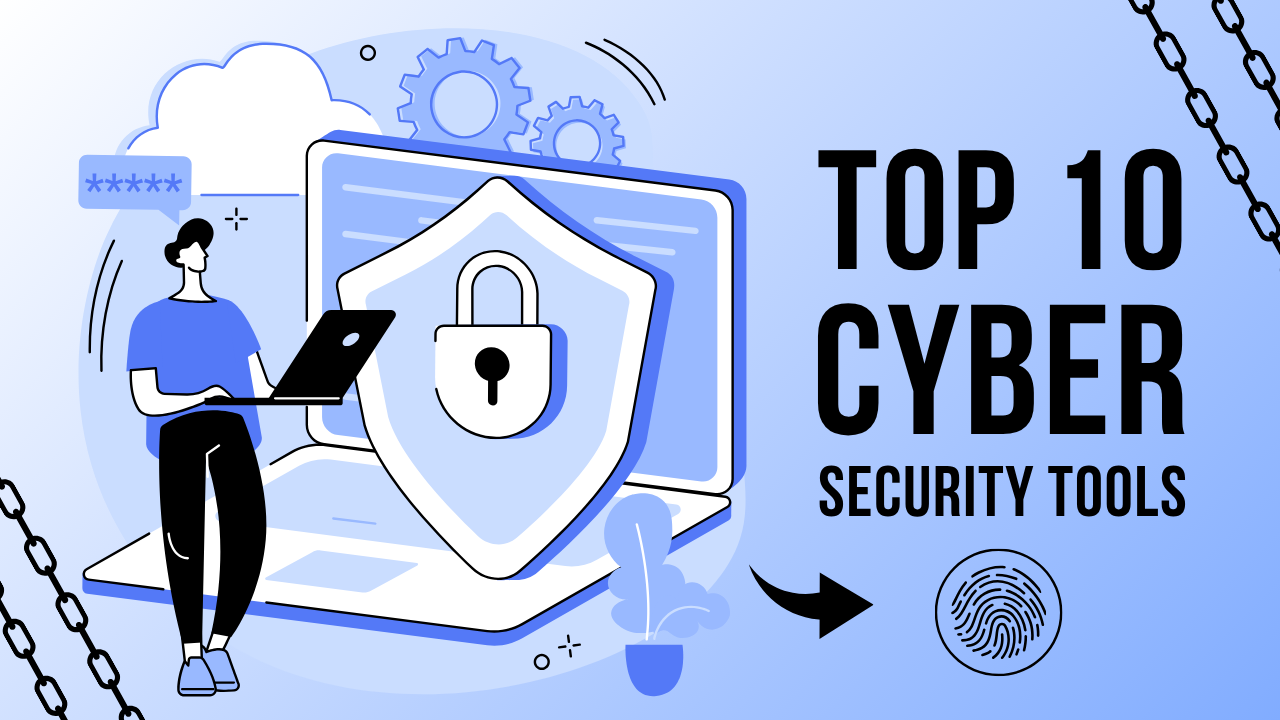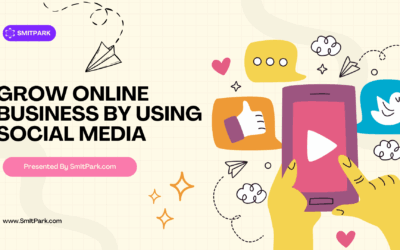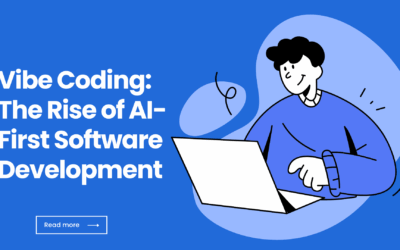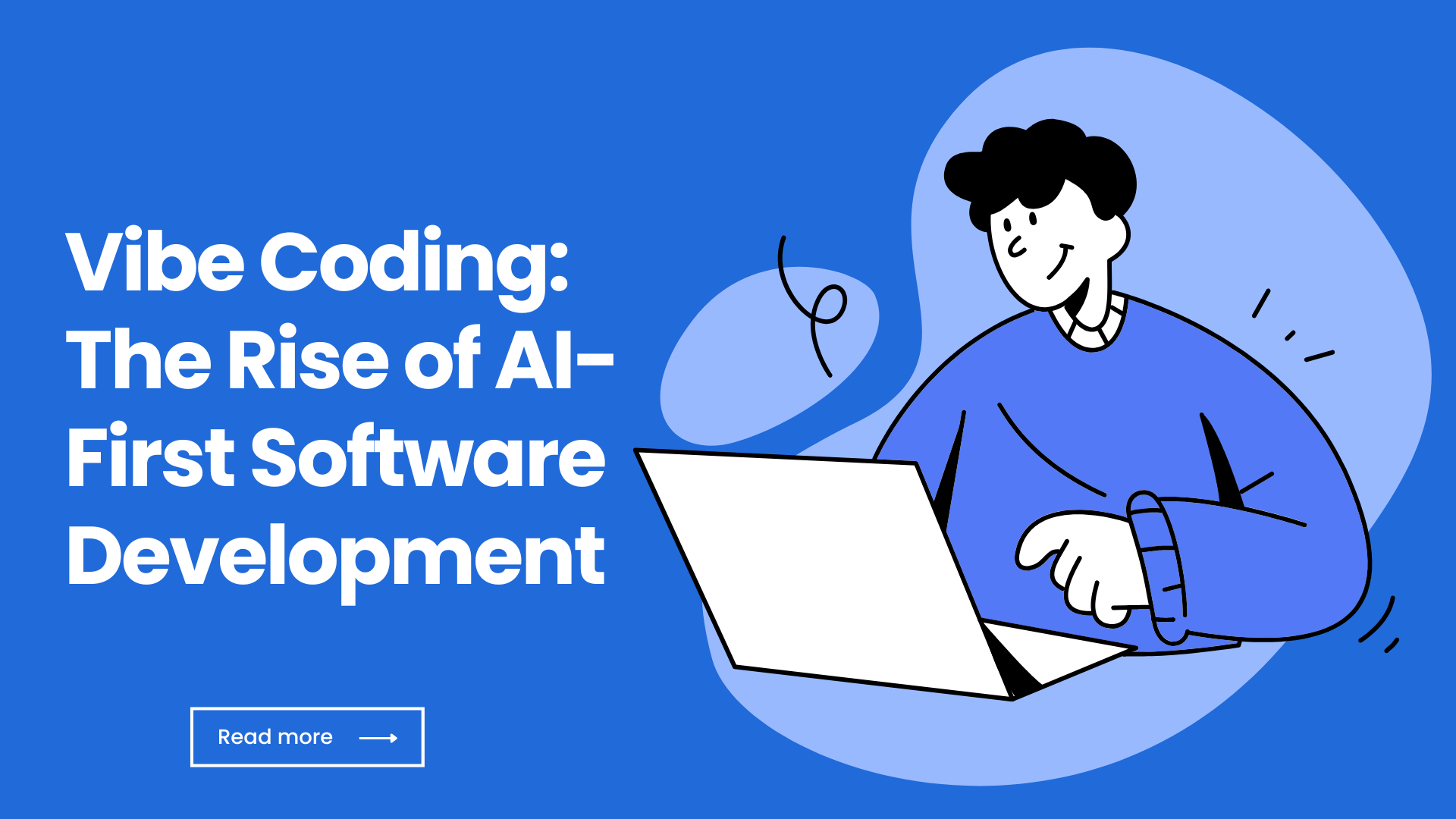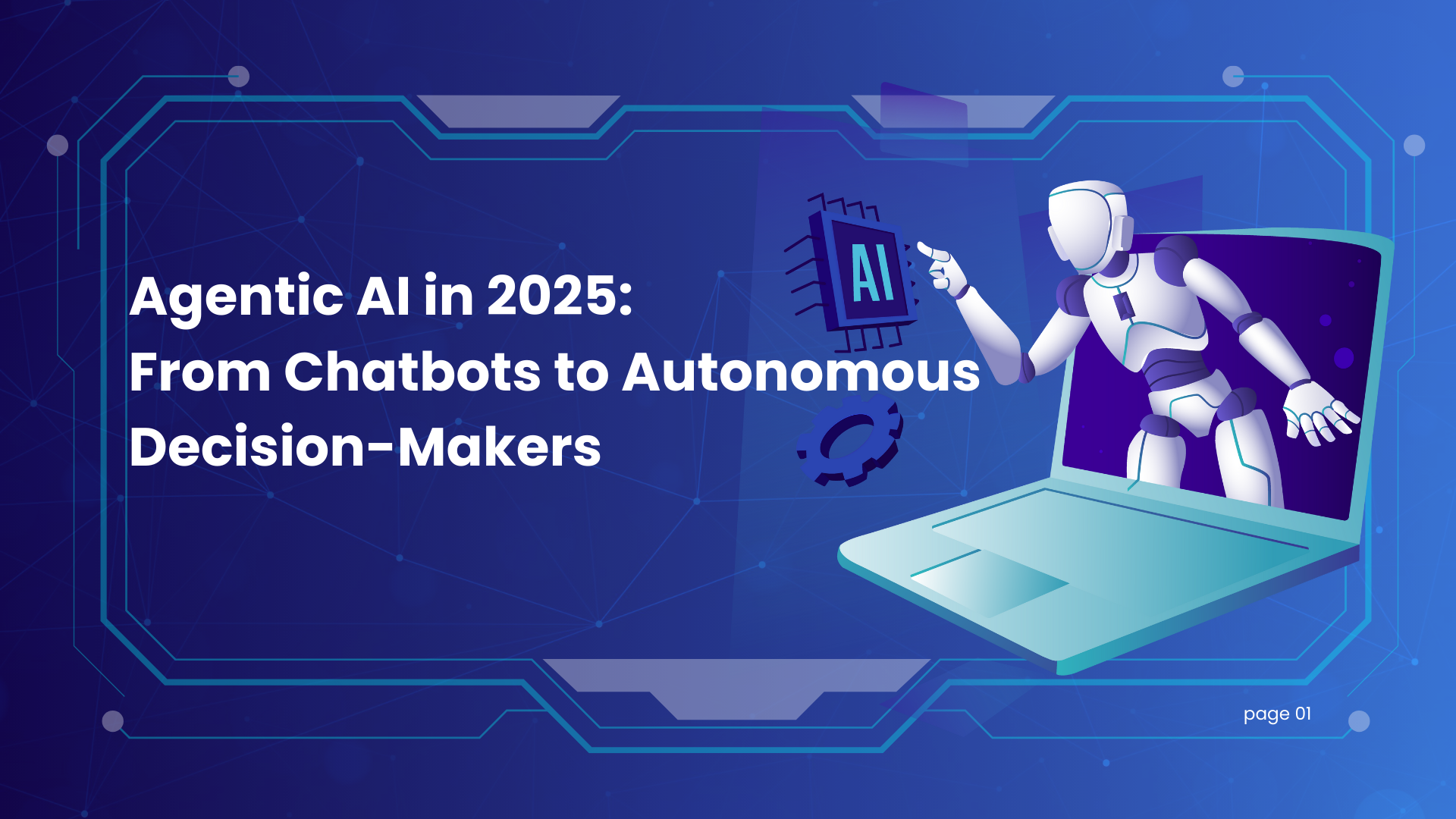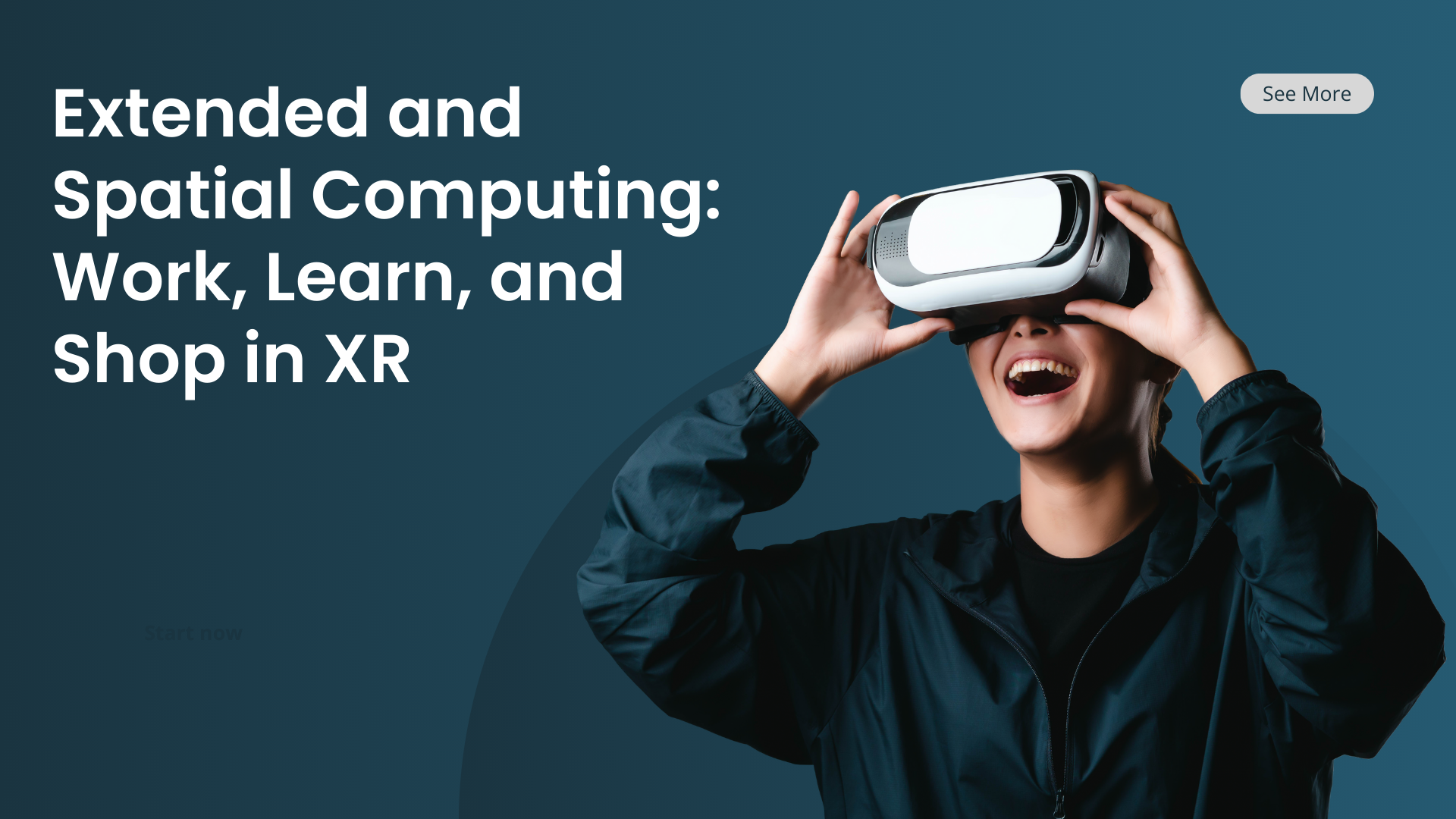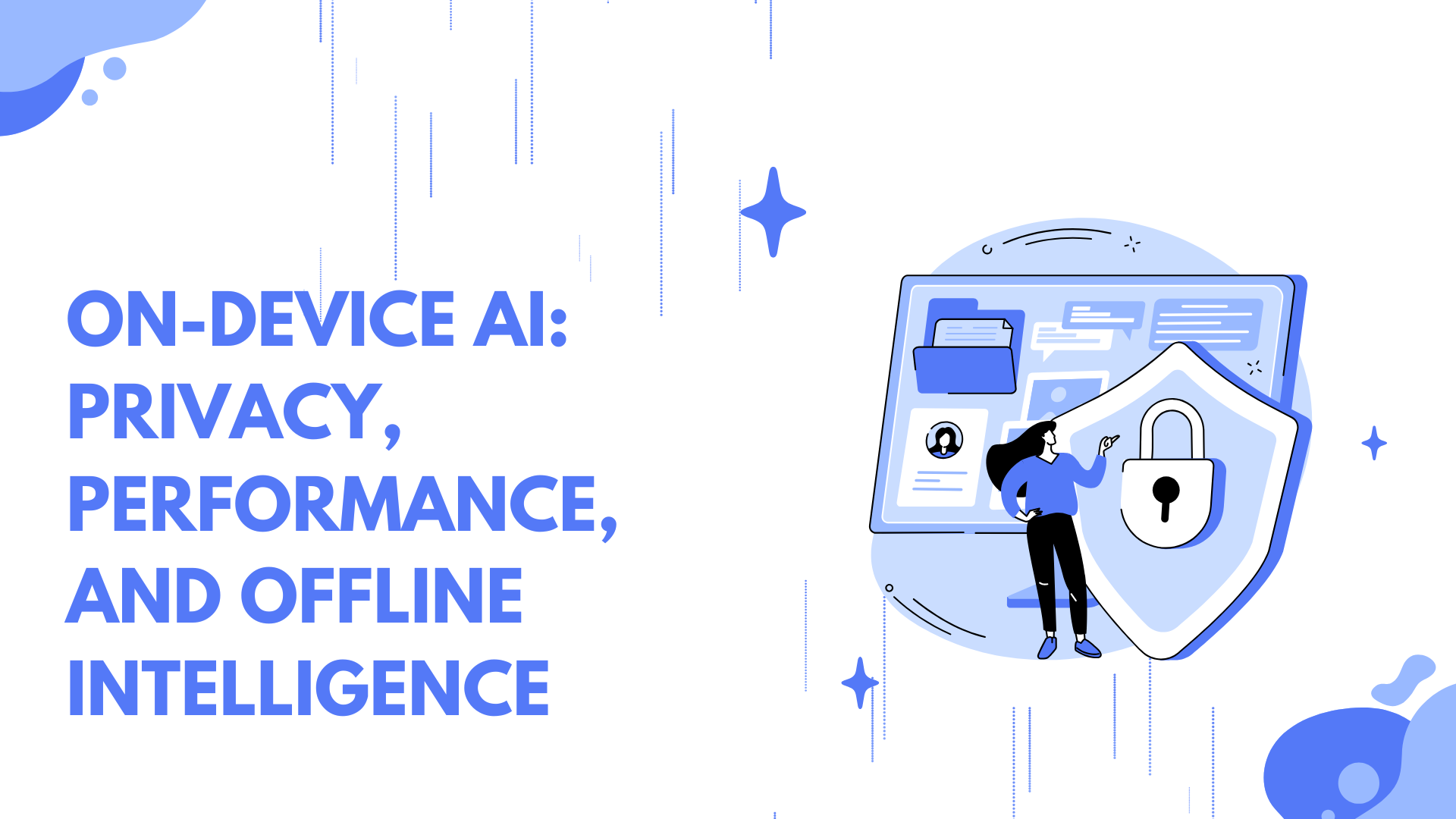Artificial Intelligence (AI) has moved from futuristic buzzword to everyday reality. From virtual assistants on our smartphones to AI-driven chatbots in customer service, the technology is shaping industries across the globe. But perhaps nowhere is its impact more profound than in Information Technology (IT).
For IT professionals, AI represents both disruption and opportunity. While some tasks are being automated, new roles are emerging that require fresh skills and a deeper understanding of how humans and machines can collaborate. The question is not “Will AI replace IT jobs?” but rather “Which IT jobs will transform—and which new ones will thrive?”
This blog explores how AI is reshaping IT careers, what challenges and opportunities lie ahead, and which roles are positioned for long-term growth.
The Current State of AI in IT
AI is no longer limited to research labs. It is being actively deployed in:
- Cybersecurity: AI-driven tools detect anomalies, identify threats, and respond faster than human analysts.
- Cloud & Infrastructure: AI automates server maintenance, load balancing, and predictive scaling.
- Software Development: AI-powered code assistants accelerate development and debugging.
- IT Service Management: Chatbots and virtual agents resolve common helpdesk queries.
- Data Analytics: AI interprets massive datasets and provides predictive insights for decision-making.
The shift means that IT professionals must adapt their roles from manual execution to oversight, design, and optimization of AI-powered systems.
How AI Is Reshaping IT Job Functions
1. Automation of Routine Tasks
Repetitive IT tasks such as system monitoring, patch management, and basic troubleshooting are now largely automated. Tools like AI-driven monitoring platforms can detect and fix system errors without human intervention.
- Impact: Entry-level IT support roles may shrink, but opportunities will shift toward higher-value problem-solving and system optimization.
2. Smarter Cybersecurity Defense
Cyberattacks are becoming more sophisticated, and human analysts alone cannot keep up. AI uses pattern recognition and machine learning to predict and detect threats in real time.
- Impact: Security analysts must evolve into AI-enabled cyber defense strategists, focusing on interpreting AI findings and handling complex incidents.
3. AI in Software Development
Generative AI tools (like GitHub Copilot or ChatGPT-based coding assistants) are changing how software is written. Developers now spend less time on repetitive coding and more on architecture, integration, and innovation.
- Impact: Software engineers will need strong design thinking and problem-solving skills rather than purely coding ability.
4. IT Operations (AIOps)
AI for IT operations—known as AIOps—uses machine learning to analyze large amounts of IT data, automate root-cause analysis, and predict outages before they occur.
- Impact: System admins evolve into AI operations managers, ensuring smooth collaboration between AI tools and IT teams.
5. Cloud & Infrastructure Management
Cloud platforms like AWS, Azure, and Google Cloud increasingly use AI for workload optimization, predictive scaling, and cost management.
- Impact: IT infrastructure roles shift toward cloud AI architecture—designing systems that harness AI-driven cloud services.
Which IT Roles Will Thrive in the AI Era
Not all IT jobs face decline. In fact, AI is creating new roles and expanding the demand for certain skill sets.
1. AI/Machine Learning Engineers
These are the architects of AI systems—designing, training, and optimizing models. Demand for AI/ML engineers is skyrocketing across industries.
- Skills Needed: Python, TensorFlow, PyTorch, data modeling, algorithm design.
2. Data Scientists & Data Engineers
With AI relying on clean, structured, and massive datasets, data professionals are more important than ever.
- Data Scientists interpret AI-driven insights.
- Data Engineers build the pipelines that feed AI models.
- Skills Needed: SQL, Python, big data frameworks (Hadoop, Spark), cloud data services.
3. AI Cybersecurity Specialists
As hackers use AI to launch attacks, defenders must use AI for detection and prevention. Cybersecurity experts who can work with AI tools will thrive.
- Skills Needed: Threat intelligence, machine learning security, penetration testing, compliance.
4. AI Product Managers
Product managers with AI literacy will be in demand to guide the development of AI-driven business solutions.
- Skills Needed: Business analysis, AI basics, product lifecycle management.
5. DevOps & MLOps Engineers
DevOps already emphasizes automation, and now MLOps extends this to AI models—ensuring smooth deployment, monitoring, and scaling of AI solutions.
- Skills Needed: CI/CD, containerization (Docker, Kubernetes), model lifecycle management.
6. Cloud AI Architects
AI integration in cloud platforms creates demand for specialists who can design scalable, secure, and cost-effective AI-powered cloud solutions.
- Skills Needed: AWS/Azure/Google Cloud AI services, cloud security, solution architecture.
7. AI Ethics & Governance Specialists
With growing concerns over bias, transparency, and data privacy, organizations need professionals who understand both AI technology and ethical considerations.
- Skills Needed: Policy knowledge, risk assessment, legal compliance, data governance.
Skills IT Professionals Should Develop
To stay competitive, IT professionals must build a hybrid skillset that combines technical expertise with soft skills.
Technical Skills:
- AI & ML fundamentals (Python, TensorFlow, PyTorch)
- Data handling and visualization
- Cybersecurity and ethical hacking
- Cloud computing and virtualization
- Automation tools (Ansible, Terraform, Kubernetes)
Soft Skills:
- Problem-solving and critical thinking
- Business communication (explaining AI insights to non-technical stakeholders)
- Project management (Agile/Scrum)
- Adaptability and continuous learning
Challenges IT Professionals Face with AI
- Job Displacement Anxiety – Fear of automation replacing jobs.
- Upskilling Pressure – Need for continuous training and certification.
- Ethical & Privacy Concerns – Handling AI responsibly in compliance with laws.
- Organizational Resistance – Some companies struggle to adopt AI due to cost or culture.
While these challenges are real, they also create opportunities for IT professionals who embrace AI and position themselves as AI enablers rather than resisters.
The Future of IT Jobs in the AI Era
The IT workforce of the future will look very different:
- Fewer “routine” jobs like manual system admin or entry-level support.
- More high-value roles around AI integration, governance, and data-driven decision-making.
- Cross-disciplinary teams where IT collaborates with business, cybersecurity, marketing, and operations using AI as a shared tool.
AI will not eliminate IT jobs—it will elevate them. The winners will be those who learn to collaborate with AI rather than compete against it.
Conclusion
Artificial Intelligence is not the end of IT jobs—it’s the beginning of a new IT era. Routine tasks will be automated, but professionals who adapt, upskill, and specialize in AI-driven domains will find themselves at the forefront of innovation.
The IT roles that will thrive are those that design, manage, secure, and ethically govern AI systems. By embracing AI, IT professionals can transform from “support providers” to strategic partners shaping the digital future.
The message is clear: AI won’t replace IT professionals—but IT professionals who use AI will replace those who don’t.


